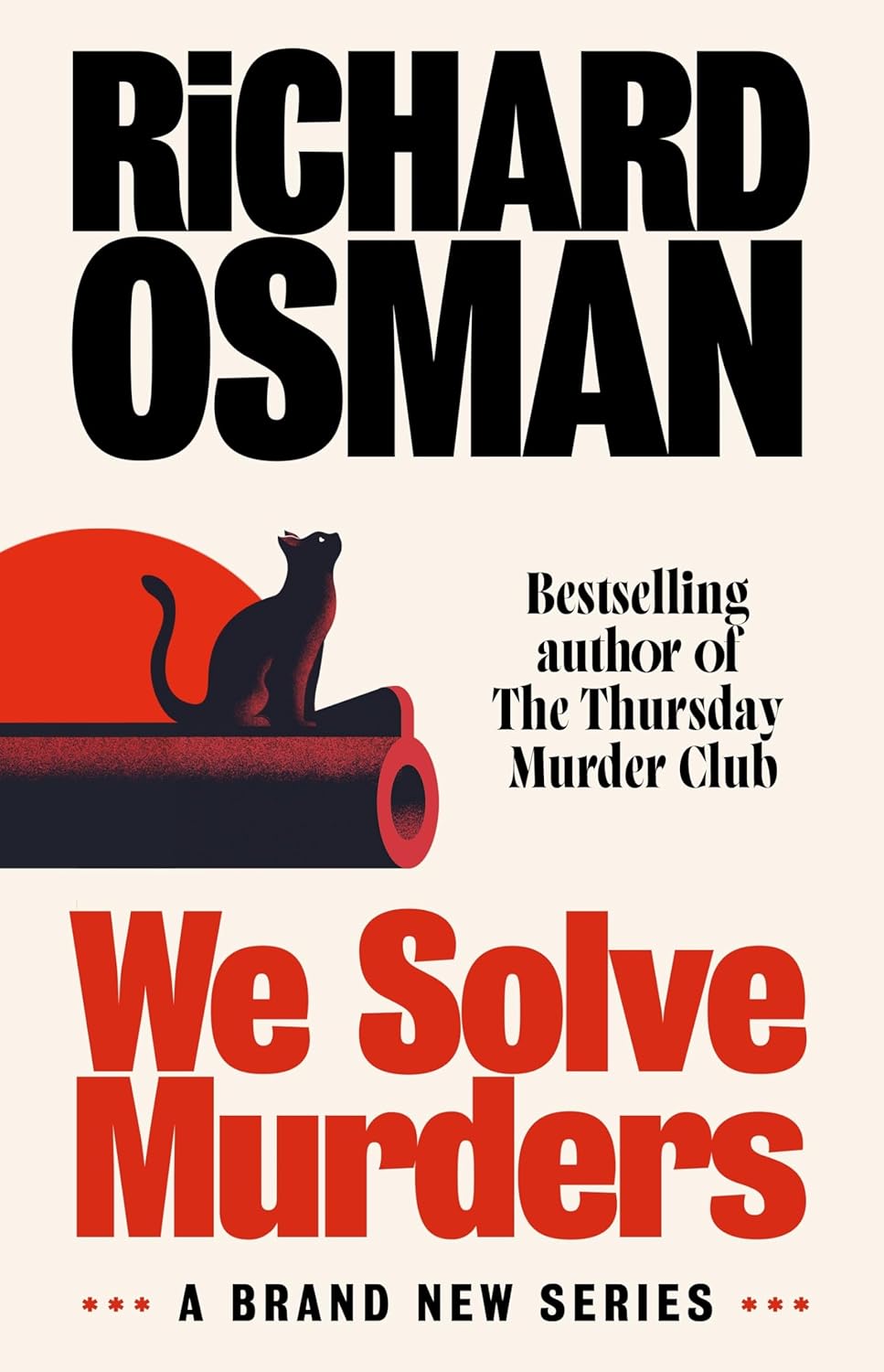This was thoroughly enjoyable. Having read a number of Morton’s books, I foresaw the first major twist, concerning one of the main character’s identity. After that, however, it became, I felt, overly complex. The story hangs together, but perhaps the conclusion would have been more satisfying if there weren’t so many twists, and if there were fewer strands to the overall thread.
In any case, Morton’s books are all worth reading, and the fact that I read the whole 500+ pages in only one day shows the difficulty I had putting it down!














